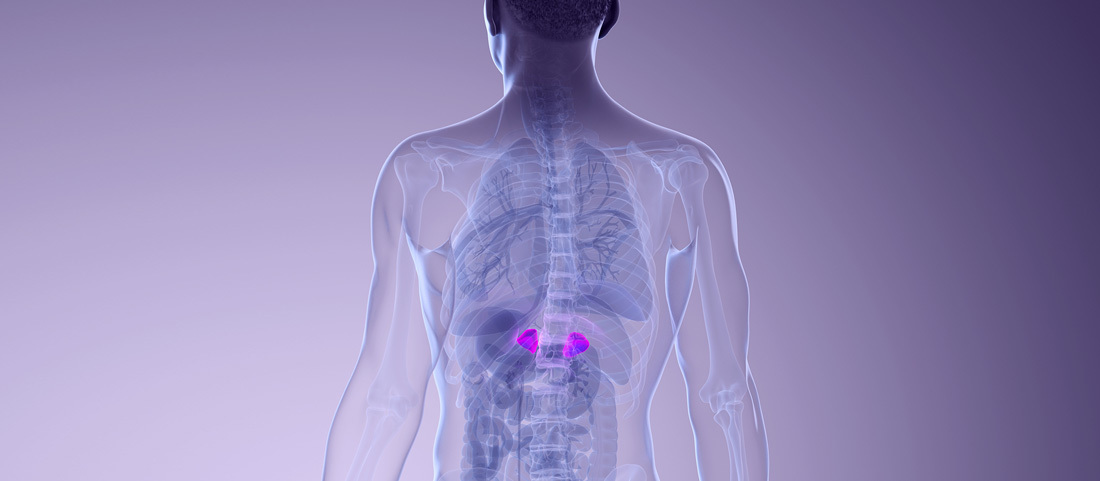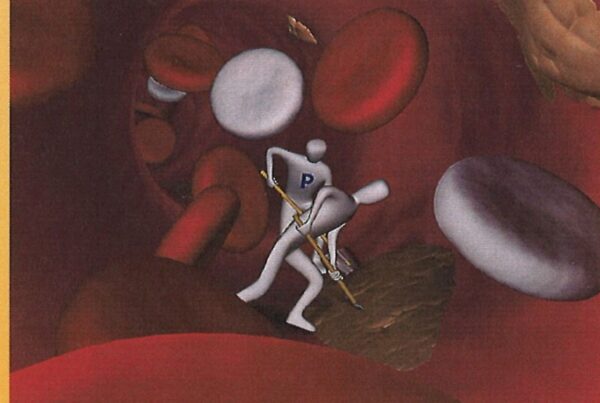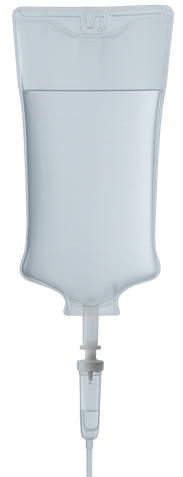Many have heard the term “adrenal fatigue” before, but understanding “Stress and Fatigue – The Adrenal Connection” has more to do with the ebb and flow of the adrenal system. Identifying if stress is an underlying trigger to adrenal-related symptoms, helps create a treatment plan that will work for how you’re handling stress.
Feelings of Overstimulation Lead to Feelings of Exhaustion
The adrenal glands are made of two layers, the outer cortex and inner medulla. Cortisol, a hormone released by the cortex, is used to trigger many biological pathways that impact things like blood sugar and the regulation of blood pressure. Cortisol is released in greater amounts in response to feelings of stress. The medulla produces adrenaline, otherwise known as the neurotransmitter epinephrine, which impacts a number of pathways in the body and helps provide efficient energy needed to react to stress. When consistent levels of stress stimulate the adrenals to produce ongoing levels of cortisol and adrenaline, or epinephrine, the demand on the body to provide biochemical precursors for ongoing adrenal activity is heightened.
Once a perceived threat or stress has passed, hormone and neurotransmitter levels should return to baseline. As adrenaline, or epinephrine, and cortisol levels drop, the heart rate and blood pressure stabilize, and other systems resume their regular activities. However, when one feels constant stress, the body is under a constant adrenal stimulation that can disrupt regular processes and result in uncomfortable symptoms. Common adrenal-related symptoms include a range from overstimulated to fatigue, poor mood, “brain fog”, food cravings, lead to overuse of stimulants like caffeine, impact the immune response, and lead to poor sleep and weight gain. 
Stress and Fatigue – The Adrenal Connection
Prolonged stress causes the adrenals to feel consistently engaged and stimulated, with increased demand on the body to fuel and react to the adrenal stress response. An ongoing adrenal stress response can impact levels of cortisol and epinephrine. The adrenal “fight or flight” response is hard wired in us, and the adrenal system responds to physical, dietary, environmental, or emotional stressors in similar fashion.
The adrenals are deeply involved with proper immune function, proper blood sugar and blood pressure balance, energy and focus as well as the wake-sleep cycle. There are thousands of cortisol receptors in every part of the brain, and they work in conjunction with each other and with the neurotransmitters.
LotusRain IV Clinic Can Help Support Your Adrenals and Stress Induced Fatigue
To support the body and adrenal system, making healthy lifestyle choices such as stress management activities, a consistant sleep schedule, and a healthy diet will be suggested. We also have IV therapies that are targeted specifically at adreanl support. Those include:
Myers’ Cocktail – A vitamin IV therapy of Magnesium and B Vitamins – calms the adrenals, reduces production of cortisol and alleviates stress
IV Super Charge – Vitamin C, minerals, B vitamins, Zinc, Chromium, Magnesium, and Calcium
Glutathione IV – Consists of three amino acids and is a very powerful antioxidant to support the adrenal glands
Oral Supplments are also used to augment the lifestyle choices and IV therapies. Those might include:
- Vitamin C
- Magnesium
- B vitamins
- Coenzyme Q10
- Ashwagandha
- Rhodiola
- Licorice Root
Support your adrenals so they can support you! Call or visit our website to make an appointment.
•••••••••
Curated Content: NeuroScience
Image inside of artilce: Stressed Man







